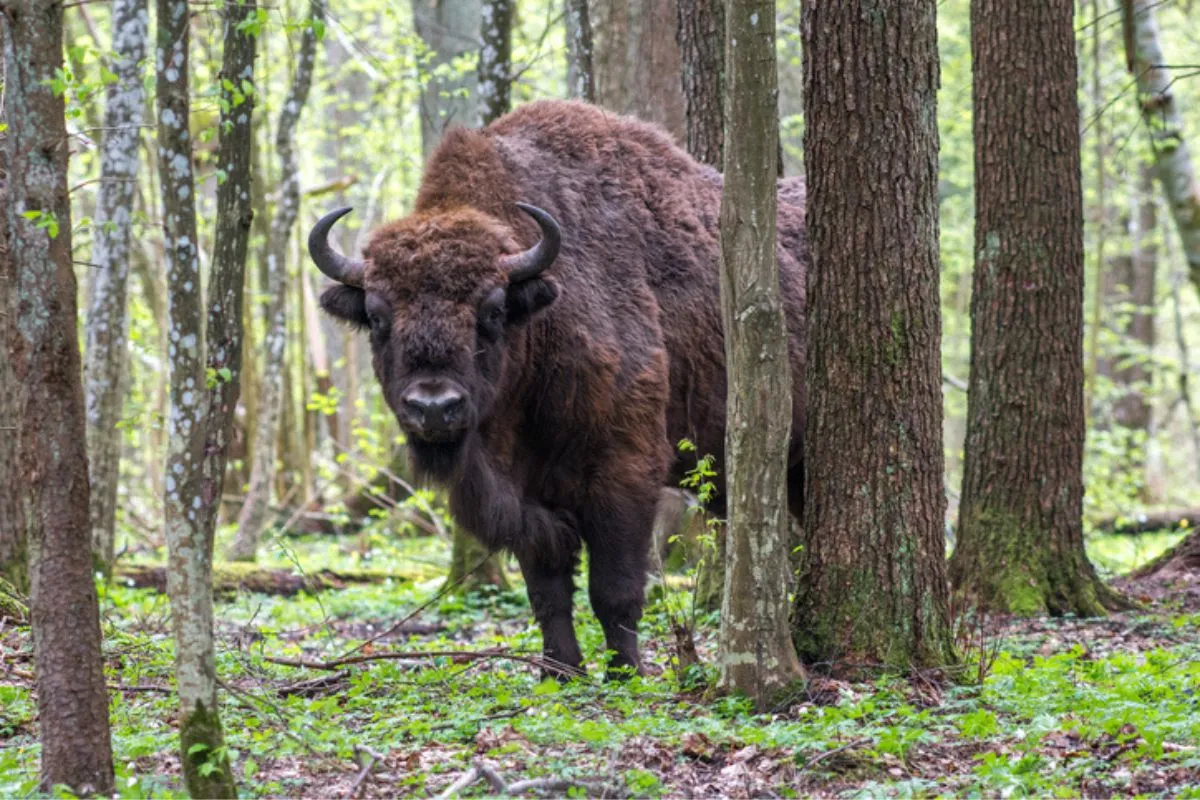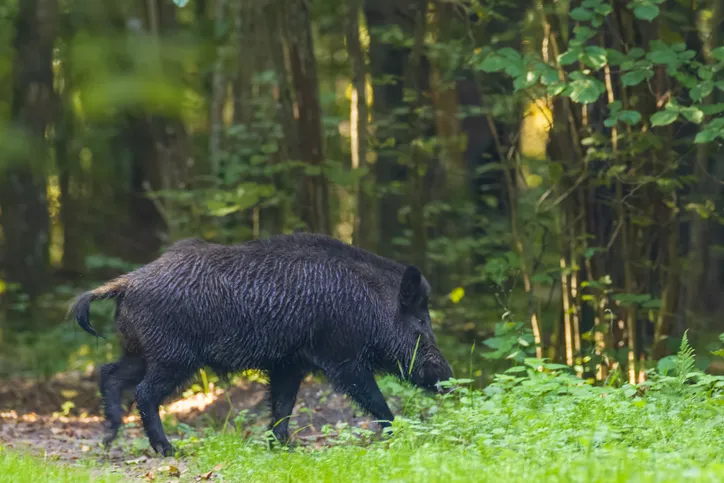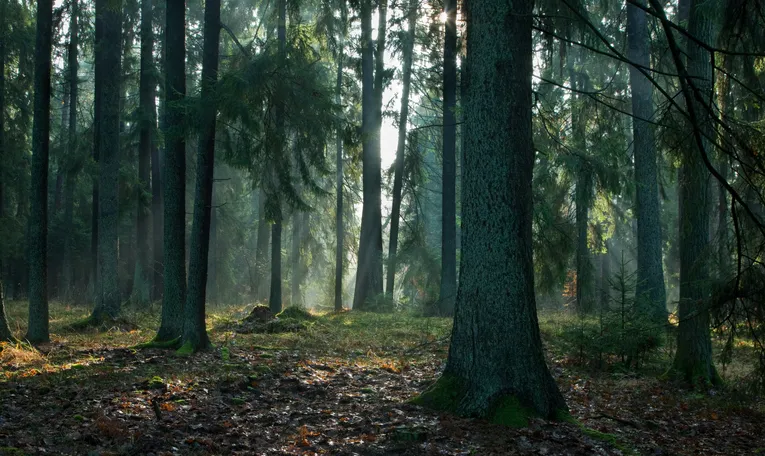Environmentalists in Poland have welcomed the decision by the Polish Government to suspend logging for six months in 10 of the country's forests, many of which are internationally important biodiversity hotspots, including the famous Białowieża forest.
The move is the first step in protecting 20% of the country’s forests, which the Polish Government promised on being elected last October.
- Wolf vs dog: what's the difference between man's best friend and its wild cousin?
- What is Europe’s largest land mammal?

“A partial moratorium in 10 locations is a good solution, but only for a short while,” says Aleksandra Wiktor, Greenpeace Poland biodiversity campaigner. “Ultimately, it is necessary to permanently stop logging in many more places.”
Poland is home to some of Europe’s last surviving ancient forests, which are home to important populations of brown bears, lynx and wolves, whilst Białowieża forest is home to around 800 European bison.
Uncontrolled and controversial logging has however threatened the long-term future of all these forests.
“The most valuable old-growth forests, such as the Białowieżan and Carpathian forests need immediate and permanent protection,” says Wiktor. “They have been devastated in recent years by irresponsible logging carried out by state forests politicized by the previous government.”

The wildlife in Białowieża forest is also threatened by a 186km long and 5m high razor-wire fence running along the Polish-Belarusian border, which was built in 2022 to prevent asylum seekers from entering the country.
The fence, which effectively divides the huge forest in half, constitutes an impassable barrier for extremely sensitive animals including bison and lynx.
“Animal migration routes are blocked, which may lead to the collapse of the lynx population in the Polish part of Białowieża,” says Wiktor, adding that: “therefore it is necessary to protect the Carpathian (lynx) population and those found in other regions even more effectively.”

